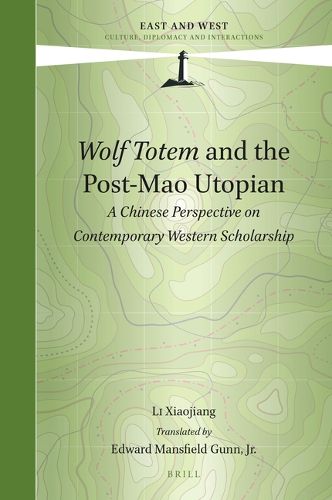Readings Newsletter
Become a Readings Member to make your shopping experience even easier.
Sign in or sign up for free!
You’re not far away from qualifying for FREE standard shipping within Australia
You’ve qualified for FREE standard shipping within Australia
The cart is loading…






Wolf Totem and the Post-Mao Utopian by Li Xiaojiang explores the controversial best-selling novel by the political economist Jiang Rong as an allegory of utopia through discussion of an encyclopaedic range of scholarship in the humanities and social sciences that offer thinking on topics introduced in the novel. In promoting the significance of utopian thought, Li stresses that the term for her study, post-utopian criticism, is not the same as anti-utopian criticism, but an analytical approach to criticism in order to addresses the shortcomings of postmodern and postcolonial theories applied to contemporary China, and to open up interpretive space for the specific historical experience of its people and its utopian ideals.
$9.00 standard shipping within Australia
FREE standard shipping within Australia for orders over $100.00
Express & International shipping calculated at checkout
Wolf Totem and the Post-Mao Utopian by Li Xiaojiang explores the controversial best-selling novel by the political economist Jiang Rong as an allegory of utopia through discussion of an encyclopaedic range of scholarship in the humanities and social sciences that offer thinking on topics introduced in the novel. In promoting the significance of utopian thought, Li stresses that the term for her study, post-utopian criticism, is not the same as anti-utopian criticism, but an analytical approach to criticism in order to addresses the shortcomings of postmodern and postcolonial theories applied to contemporary China, and to open up interpretive space for the specific historical experience of its people and its utopian ideals.